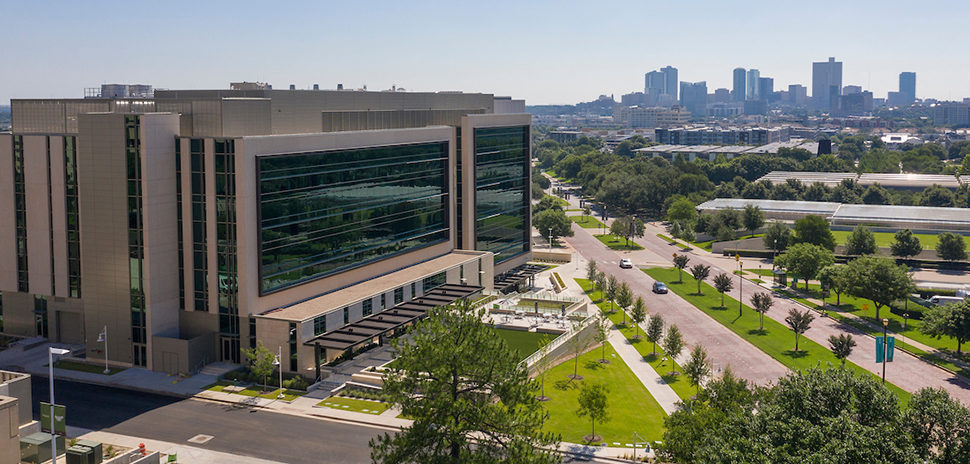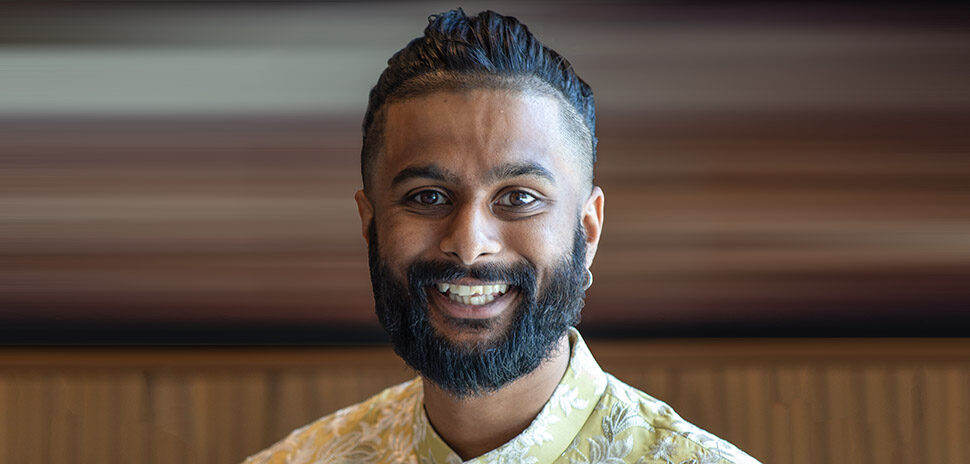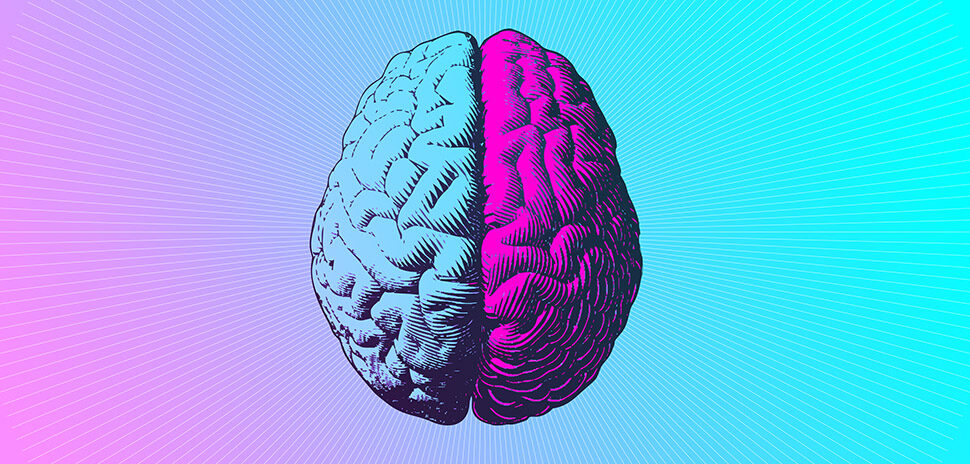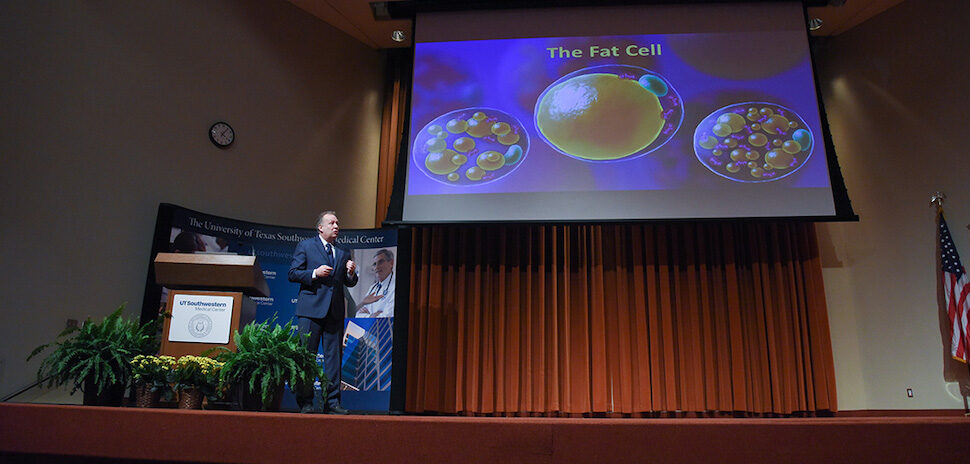A North Texas professor who has been leading research into the nation’s opioid health crisis said the effort has reached a point where it’s time “talk about the results.”
The National Institutes of Health introduced the HEAL Initiative four years ago to address the nation’s public health crisis of opioid misuse, addiction, and overdose. To date, more than $2 billion has been invested in 1,000 research projects, spanning basic and clinical research to prevention and implementation science, the University of North Texas Health Science Center in Fort Worth said.
For the last three years, Scott Walters PhD, a Regents Professor at the Health Science Center at Fort Worth’s School of Public Health, has served as steering committee chair of the largest of these studies, the 67-community HEALing Communities Study, UNTHSC said.
“We’ve done the research,” Walters said in a statement. “It’s time to talk about the results. We’re partnering with more than 20 national organizations representing different stakeholder groups, including research institutions, medical providers, substance use and recovery professionals, governmental representatives, and people directly affected by pain or substance abuse.”
Walters, who has a background in implementation science, said that a major challenge with research is translating scientific findings into practice.
New center will share opioid research findings with impacted communities
UNTHSC said that the latest effort will establish a new center to disseminate the results of the research to communities most affected by the overdose crisis. The center will build a bridge between HEAL-funded researchers and community partners to better address the needs and priorities of communities.
“On average, it takes about 17 years for scientific findings to influence clinical practice.”
“On average, it takes about 17 years for scientific findings to influence clinical practice,” he said. “Members of the public might not have a background in the research area. Providers may hold certain beliefs or rely on longstanding practices. Some messages or recommendations that come from research might seem confusing, which is why it’s important to summarize and translate information into plain language that people can use.”
Walters said that there’s little time to waste because the crisis is getting worse.
Combatting the worsening opioid crisis
“With the changing illicit drug supply, the opioid crisis has worsened in recent years,” Walters said. “Fatal overdoses have increased almost 30% since the start of the pandemic. Fentanyl and other synthetic opioids tend to be more deadly, leading to higher overdose rates.”
Walters hopes the results of HEAL’s extensive research can lead to positive changes in the current public health crisis.
“We don’t have years to wait…”
“We don’t have years to wait—it’s important that the data and recommendations are delivered as quickly as possible, in ways people can understand and apply,” he said.
Expanding research on the opioid crisis through NIH funding
National Institutes of Health funding has helped broaden the research.
UNTHSC said that via $25 million in new funding, Duke University and George Mason University have joined the NIH HEAL Initiative to support the delivery of lay-friendly, culturally appropriate information on these scientific findings to communities most affected by the opioid crisis.
The new committee members join Walters representing HSC in this dissemination center, along with the Addiction Policy Forum, Oregon Social Learning Center, University of Wisconsin, University of Alabama at Birmingham, Temple University, and 67 national associations and partners across the nation, UNTHSC said.
This larger collaboration is the foundation for meaningful, two-way communications throughout the life cycle of HEAL projects — from developing research ideas to sharing findings, the Health Science Center said, with a focus on health equity underpinning the effort at each level.
Implementation science for better outcomes
The Health Science Center said that Walters carries a primary role in that effort, drawing on his experience in implementation science, which aims to bridge the gap between research and practice.
Walters’ charge is to identify patterns in the research, extract the most important findings and use information gathered from the public to explain the recommendations in plain language, ensuring sharing of information between researchers and stakeholder groups, UNTHSC said.
One important aspect of this new center is a Lived Experience National Community Advisory Board, in which researchers, practitioners, the criminal justice system, people impacted by pain, and individuals experienced with opioids (someone in recovery or a family member) can share their insights into how the scientific research can be distilled and conveyed to communities.
“Our job now is to determine how to reach different stakeholders,” Walters said. “A physician might look to a peer-reviewed journal, where a legislator might seek information from a policy brief, and an individual in recovery may gain information from a podcast or other community resource. Each of these audiences has different needs.”
Walters said that the value for communities is that solutions can be applied in a more definitive way than would be possible through a lone research study. He said that the findings of multiple studies could offer stronger evidence about what will work for different individuals, populations, and stakeholders.
“The challenge is in getting communities to adopt [these best practices].”
“We already know quite a bit about best practices,” Walters said. “The challenge is in getting communities to adopt them. For example, naloxone distribution, fentanyl test strips, safer prescribing, and medication for opioid use disorders are important ways to reduce opioid overdoses — but this might require changes to systems or laws to promote these evidence-based practices.”
Walters said that the payoff for such collaboration is that people can see scientific investments having a real-world impact on people’s lives.
“This new HEAL dissemination center is deploying all tools possible to attack the opioid crisis through a united front,” he said.
![]()
Get on the list.
Dallas Innovates, every day.
Sign up to keep your eye on what’s new and next in Dallas-Fort Worth, every day.






























